
Less noise and more light: using criteria-driven analysis to tackle inequalities
Reducing health inequality is a long-standing aim of health policy. Yet the gap between policy aim and population outcome has grown in recent years: on most measures health inequalities have got worse.
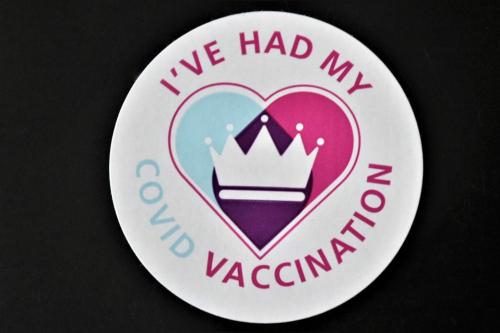
Increasing vaccine uptake
The purpose of this work was to identify the key features of local initiatives which encourage vaccine uptake in different population groups, and share these for others to learn from.

Socio-economic inequalities in access to planned hospital care: causes and consequences
Tacking inequalities in health is a long-standing NHS policy objective. Variation in the experiences and outcomes of different communities during the COVID-19 pandemic served to bring this issue back into focus.

Reviewing the evidence on digital inclusion
Digital technology is a significant part of our daily&nb

Evidence review: Early diagnosis of cancer
Detecting cancers early is essential to saving lives and reducing the need for invasive treatments.

How do we develop analysts as leaders? Early thoughts from our ‘leadership for analysts’ programme
“What is an analyst?”
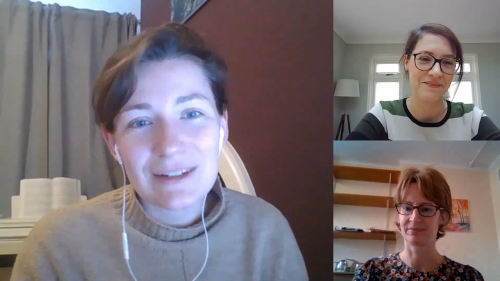
How can analysis help clinicians improve services? Interview with Dr Anna Lock
Dr Anna Lock, Justine Wiltshire and Lucy Hawkins reflect on the Strategy Unit's innovative end of life care analysis. How can this work help clinicians to improve services?

A framework for understanding policy change
A new policy, strategic direction or major programme is announced.

Localism and the NHS: a case in four stories
In this blog, Fraser Battye makes the case for localism in the NHS. He tells four short stories. He suggests that these stories highlight an opportunity as the NHS enters a period of reform.
Strategy Unit analysis of air quality highlights inequalities
Poor air quality is the largest environmental risk to public health in the UK and central London has the highest levels of particulate matter and nitrogen dioxide. The Guy’s and St. Thomas’ charity, now operating its programmes under the Impact on Urban Health banner, have committed to 10 years of funding to improve air quality-related health in the residents of South London boroughs of Lambeth and Southwark. The charity commissioned the Strategy Unit to explore the health of several key groups and the factors that most influence health alongside air quality within the area.

Another look at inequality and NHS action on cardiovascular disease
Cardiovascular disease (CVD) continues to be one of the leading causes of death and disease in the UK.
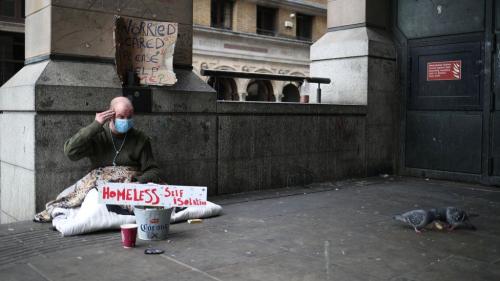
Learning from lockdown: support for people experiencing homelessness
There are few clearer measures of societal health than homelessness.

Strategy Unit releases opensource model for planning vaccine centre capacity
The UK is running its largest ever vaccination programme. The stakes are enormous.
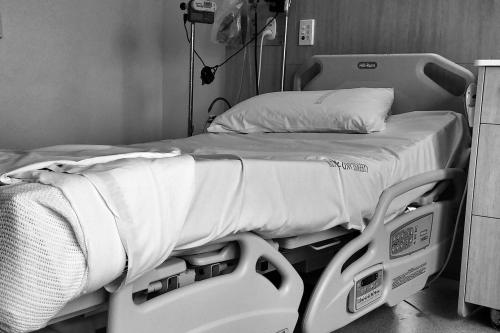
Strategy Unit analysis published showing changes in use of emergency departments under lockdown
We know that patterns of access to healthcare have changed during the pandemic.
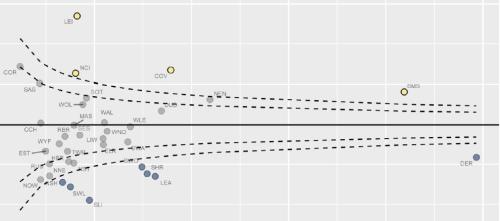
Equity and Cost Growth in Specialised Services
NHS specialised services provide care for people with complex or rare medical conditions.

Is ‘Integrating Care’ bold enough?
In this blog, Fraser Battye leaves the Strategy Unit’s usual careful and empirical view of the world. He reflects on NHS England and Improvement’s ‘Integrating Care’ paper from the perspective of wider ideological and societal trends. In doing so, he suggests that there is scope for bolder reform – and that localism is the way to go.

What might ‘Integrating Care’ mean for analysts?
In this blog, Fraser Battye looks at NHS England/Improvement’s ‘Integrating Care’ paper. While not looking forward to another NHS re-organisation, he sees a lot that analysts will like. Fraser also notes the potential advantage that the Decision Support Unit model gives systems in the Midlands. What can analysts do to seize these opportunities?

End of Life analysis: what next? A perspective from Catherine Walshe
‘In this world nothing can be said to be certain, except death and taxes’.

A learning NHS and ‘black box’ analysis aren’t compatible
Data analysis presents a limitless opportunity to improve decision making within the NHS.

End of Life analysis: what next? A perspective from Seamus O'Mahony
In this blog, the author of ‘The Way We Die Now’ - Seamus O’Mahony – sets our findings into a broader context. He also examines one topic raised in our analysis: chemotherapy at the end of life.